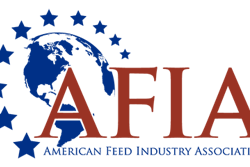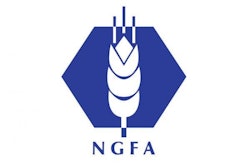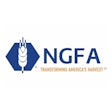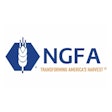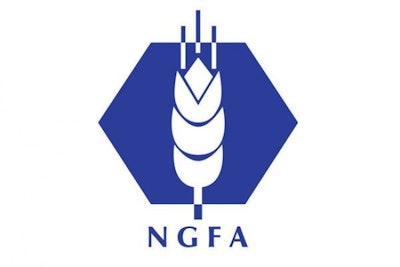
The National Grain and Feed Association (NGFA) and North American Export Grain Association (NAEGA) today urged the Trump administration to preserve the considerable benefits the U.S. food and agriculture sector has gained as it begins the process of negotiating a modernization of the North American Free Trade Agreement (NAFTA).
In testimony presented during the first of three days of NAFTA public hearings hosted by the U.S. Trade Representative's Office, the NGFA and NAEGA also recommended several improvements that could enhance cross-border agricultural trade even further when negotiations begin in mid- to late-August. The NGFA and NAEGA previously had submitted a June 12 joint statement to USTR outlining their NAFTA recommendations.
"Thanks to NAFTA's elimination of nearly all tariff barriers that previously restricted U.S. access to the Mexican market, combined with subsequent efforts to encourage regulatory cooperation and facilitate cross-border trade to address non-tariff barriers, trade with our North American partners is vibrant," the NGFA and NAEGA said.
With Canada, NAFTA helped to reduce barriers for grain, feed and processed agricultural products to facilitate trade. NGFA and NAEGA noted that has resulted in total U.S. agricultural exports to Mexico and Canada more than quadrupling since NAFTA took effect 23 years ago. Canada and Mexico now represent America's second and third largest food and agricultural export markets - with Canada ranking second in terms of U.S. export value and Mexico number two in U.S. export volume.
"Given the importance of this trade to the U.S. economy and job creation, our principal recommendation is to preserve and build upon all current market access and tariff concessions achieved for U.S. food and agriculture in the current NAFTA - as U.S. Trade Representative Robert Lighthizer has succinctly put it, 'Do no harm to U.S. agriculture,'" said NGFA President Randy Gordon, who testified on behalf of both organizations.
But in modernizing NAFTA, the NGFA and NAEGA noted there are improvements that would address the challenges of 21st century agricultural trade, including the following:
- Incorporating a "Rapid Response Mechanism" that would reduce expensive delays resulting from import checks of shipments, which can occur without transparent reasons or scientific justification. Under this concept, which was included in the Trans-Pacific Partnership trade accord but could be further improved in NAFTA, customs and plant protection authorities from Mexico, Canada and the United States would be required to notify the importer or exporter of record within three days of any risks that would impede entry of an import shipment, as well as provide the results of the initial assessment and any risk-management measures that might be necessary. Further, the concept should include an expedited review process that could be triggered by the importer or exporter of record and would be completed within 15 days that outlines steps that need to be taken to resolve issues related to the import shipment.
- Enhanced sanitary and phytosanitary rules that adopt risk-assessment and risk-management procedures based upon reasonably available and relevant scientific data and that are no more trade-restrictive than required.
- Enabling innovation of information technologies to improve logistics, such as electronic phytosanitary certificates and other electronic documents to facilitate efficient trade.
- Maximizing regulatory consistency and cooperation within the North American marketplace. In several areas, such as approvals of modern plant breeding technology and biotech-enhanced seeds, this could involve mutual recognition of each country's science- and risk-based food, feed and plant health safety standards and regulatory systems. NGFA and NAEGA also cited such mechanisms as the U.S.-Canada Regulatory Cooperation Council, technical committees and cooperative technical consultative bodies, provided the objectives of these entities are updated to focus on achieving trade facilitation and removal of bureaucratic impediments to trade.
- Ensuring safe and secure transit for rail and truck transportation of agricultural products within NAFTA-member countries.
"The NGFA and NAEGA look forward to being fully engaged and constructive participants with the U.S. government as it works to modernize NAFTA in ways that further strengthen and expand trade within North America and globally," the groups concluded.




